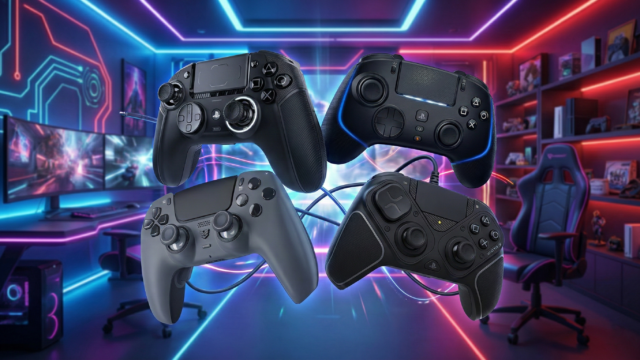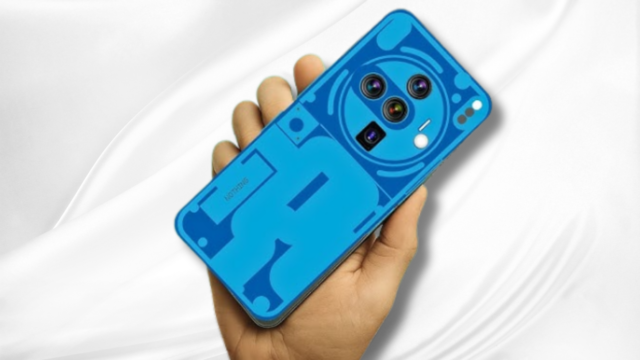In a bid to enhance user safety and privacy, Apple and Google are collaborating on a new industry-wide specification designed to address unauthorized tracking of individuals through devices like AirTags.
A unified approach for better security and privacy
This groundbreaking specification aims to make Bluetooth location-tracking devices compatible with unauthorized tracking detection and alerts across both Android and iOS platforms. The companies announced their partnership through a joint statement.
Although these tracking devices were initially intended to help users keep track of personal belongings such as keys, wallets, luggage, and other items, bad actors have taken advantage of the technology for criminal activities, including stalking, harassment, and theft.
The primary objective of this collaboration is to standardize alert mechanisms and reduce opportunities for misuse among Bluetooth location-tracking devices from various manufacturers. Samsung, Tile, Chipolo, eufy Security, and Pebblebee have already joined the initiative.
As part of this effort, the participating companies are required to adhere to a set of guidelines and recommendations while ensuring their tracking devices notify users of any unauthorized tracking on both iOS and Android devices.
By formalizing a set of best practices for manufacturers, the specification aims to enable scalable compatibility with unwanted tracking detection technologies on different smartphone platforms, ultimately improving privacy and security for individuals.
The proposed specification emphasizes the use of a pairing registry, which stores verifiable (though obfuscated) identity information of accessory owners (e.g., phone numbers or email addresses) along with the accessories’ serial numbers. The data is retained for a minimum of 25 days after a device has been unpaired and is made available to law enforcement upon submission of a valid request.
Another critical aspect of the specification is the requirement for trackers to transition from a “near-owner” mode to a “separated” mode if they are no longer close to the owner’s paired device for over 30 minutes.
Over the next three months, the companies will be seeking feedback from interested parties. A production implementation of the specification for unwanted tracking alerts is expected to be released by the end of the year for both Android and iOS platforms.
This collaboration marks the second time Apple and Google have joined forces, the first being the development of a system-level platform that utilized Bluetooth Low Energy (BLE) beacons for contact tracing during the COVID-19 pandemic, without relying on location data.













